Research Papers/Articles
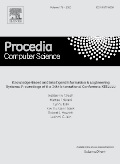
Towards a Holistic Approach for Problems in the Energy and Mobility Domain
2014
Author(s): Lutzenberger M, Masuch N, Kuster T, Keiser J, Freund D, Voß M, Hrabia C-E, Pozo D, Fahndrich J, Trollmann F, Albayrak S
With the current rise of electric vehicles, it is possible to use those vehicles for storing surplus energy from renewable energy sources; however, this can be in conflict with providing and ensuring the mobility of the vehicle's user.
Do sparsely populated rural areas have the potential for the use of electric vehicles?
2014
Author(s): Mann A, Klopsch K, Bieker L, Wölki M
By 2020, one million electric cars shall be driving in Germany. Demonstration activities, fleet trials and pilot operations are performed in various cities around the world. However, do sparsely populated, rural areas also have the potential for the use of electric vehicles? In applying the example of Germany, this study recorded the current situation of households and their needs concerning mobility in small towns and rural regions.
Real CO2 Emissions Benefits and End User’s Operating Costs of a Plug-In Hybrid Electric Vehicle
2014
Author(s): Millo F, Rolando L, Fuso R, Mallamo F
This article presents an overview of the effects of some optimization parameters on the performance of a case study pHEV featuring a series architecture and highlights the gap between the real CO2 emissions of the vehicle and the values obtained with the calculation procedure prescribed by the European regulation.
Energy Efficiency – A compelling Value Proposition and Enabling Resource for Smart Cities
2019
Author(s): Kumar S, Sinha J.P, Setty S, Sachar S, Mathew S, George G, Kasamsetty S
This paper is an effort to position energy efficiency as a significant enabler a) to reduce the GHG emissions footprint of cities and b) to act as a glue to integrate traditional, intelligent and digital technologies with the modern fabric of the smart cities.
Putting the Power in 'Socio-Technical Regimes' E-Mobility Transition in China as Political Process
2014
Author(s): Tyfield D
This paper explores the key contributions that a Foucauldian-inspired cultural political economy offers, going beyond central problems with the multi-level perspective, specifically regarding a productive concept of power that affords analysis of the qualitatively novel and dynamic process of transition; and the incorporation of the exogenous ‘landscape’ into the analysis.
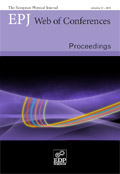
In this paper, the results of a comprehensive analysis with different scenarios are summarized. The potential application of technologies and investments in new energy technologies were analyzed within existing frameworks and markets as well as new business models in new markets with different frameworks.
Method to Determine and Quantify Changes in Value Chains Caused by E-Mobility
2012
Author(s): Sihn W, Palm D, Gommel H, Tober W, Bauer C
Within the scope of this work, a methodology will be introduced that allows a forecast and quantification of the effects of electric mobility on vehicle-specific national value added chains.
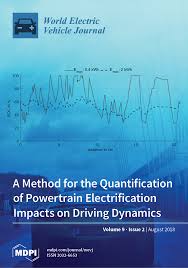
White Spots in Business and IT: An Explorative Study for E-Mobility Services
2018
Author(s): Martin D, Kuhl N, Stryja C, Haude J
This paper describes a study that explored opportunities for innovative e-mobility service business models through a systematic analysis. Furthermore, each e-mobility service depends on information technology (IT) support.
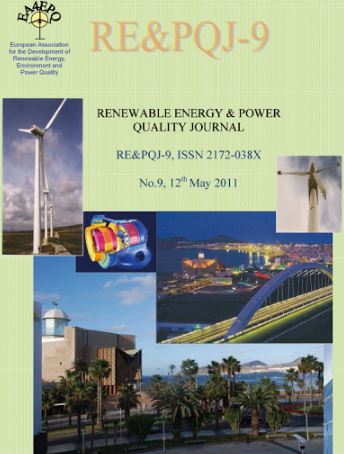
Electric Vehicles and their Effects in Low-Voltage Grids
2011
Author(s): Teuscher J, Götz A, Schufft W
Currently the requirements to be met by the low-voltage grid are increasing. In addition to the growth of the distributed power supply the starting e-mobility is the main cause for this change. The study shows that electric vehicles would be the first parts of a smart grid.
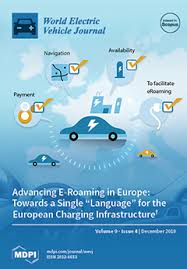
Innovative Practice of EV-Carsharing in China for Urban E-Mobility
2015
Author(s): Wu X, Yang X, Shi H
This report is based on deep understanding of Chinese EV Pilot City as the biggest background for EVCarsharing's boom in China in past 2 years.



